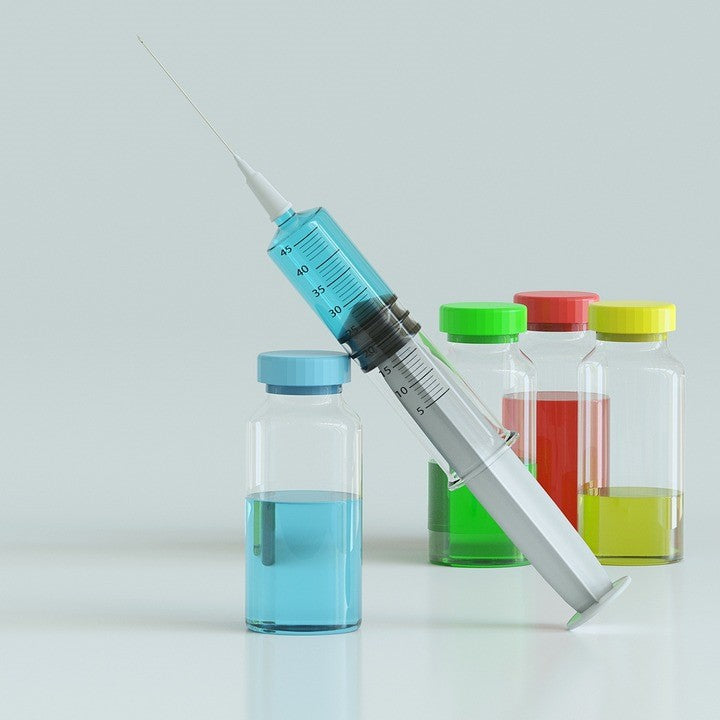
Do Weight Loss Injections Really Work?
Share
Introduction:
Weight loss is a common goal for many individuals striving to improve both their health and appearance. As people seek more effective and quicker solutions, a range of methods and products have become available, including weight loss injections. These treatments have gained attention for their promise of expedited results compared to traditional approaches.
Understanding Weight Loss Injections:
Weight loss injections—often referred to as lipotropic or fat-burning injections—are treatments that involve administering a blend of vitamins, minerals, and amino acids directly into the body. The formulation is intended to enhance metabolism, encourage the breakdown and removal of fat, and ultimately support overall weight management. Proponents of weight loss injections suggest that these nutrients work synergistically to help boost the body's fat-burning capabilities while also offering potential benefits such as enhanced mood and improved energy levels. However, before opting for these injections, it is essential to carefully consider their effectiveness and safety in supporting sustainable weight loss.
The Science Behind Weight Loss Injections:
These injections typically deliver nutrients like Vitamin B12, methionine, inositol, and other amino acids, each chosen for their role in metabolic processes. Vitamin B12 can contribute to increased energy and may help support the body's metabolic rate, while amino acids like methionine and inositol are thought to aid in breaking down fat and promoting liver function. The combined action of these ingredients is said to encourage more efficient fat metabolism and assist the body in utilizing stored fats for energy, potentially leading to weight reduction when paired with lifestyle changes.
Evidence of Effectiveness:
Despite their popularity and the promising claims made by some providers, scientific evidence regarding the effectiveness of weight loss injections remains limited. Existing research suggests that while certain individual components, such as Vitamin B12, can play a role in maintaining energy and metabolic health, there is insufficient clinical data proving that weight loss injections alone lead to significant or long-lasting weight reduction. The improvements noted in some users may also be attributed to dietary adjustments or the placebo effect rather than solely to the injections themselves. Therefore, it is important for anyone considering this option to review current scientific studies and consult with qualified medical professionals regarding the potential outcomes and limitations of these treatments.
Potential Benefits and Risks:
While weight loss injections can sound appealing due to claims of rapid results, understanding the possible advantages and drawbacks is crucial. Some potential benefits include increased energy, enhanced metabolism, and liver support, which could make it easier to stay motivated and active during a weight loss journey. For individuals with certain vitamin deficiencies, specifically B12, these injections might help restore normal levels and contribute to improved well-being.
However, risks must also be considered. Allergic reactions to injected substances, pain or irritation at the site, risk of infection, and potential complications from improper administration are real concerns. Relying solely on injections without embracing necessary lifestyle or dietary changes can hinder lasting success. Furthermore, dependency on injections as a primary solution may detract from forming healthy habits that are essential for maintaining long-term weight control and overall health.
Conclusion:
Weight loss injections present an enticing option for those looking for fast results, but their use should be weighed carefully. Consulting a healthcare provider is recommended to fully understand the potential benefits, associated risks, and current scientific evidence regarding their efficacy. While these treatments may offer certain advantages, achieving sustainable weight loss is most reliably accomplished through a combination of healthy eating, physical activity, and positive lifestyle modifications. Awareness of the limitations and the need for more robust scientific validation is essential when considering weight loss injections as a part of your wellness strategy.